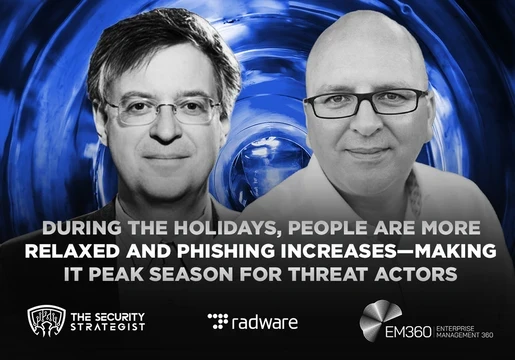Understanding human behaviour is critical in creating secure environments, as human actions, decisions, and vulnerabilities often determine the effectiveness of security measures. By prioritising behavioural insights, organisations can anticipate potential threats and design systems that align with how people naturally act and interact.
Discussing the psychological drivers behind employee behaviour helps uncover why individuals may unknowingly bypass security protocols, highlighting the importance of addressing root causes rather than merely enforcing rules.
Security isn’t just about preventing incidents; it’s about cultivating a culture where individuals are empowered to make informed decisions. This involves fostering a "just culture," where employees feel safe reporting mistakes without fear of punishment, enabling continuous improvement. By focusing on trust, transparency, and education, organisations can instil a security-first mindset across their workforce.
In this episode, Paulina Rios Maya, Head of Industry Relations, speaks to John Scott, Lead Cyber Security Researcher at CultureAI, about building trust and responsibility within security culture to mitigate cyber risks effectively.
Key Takeaways:
- Understanding human behaviour is crucial for security.
- Human errors are inevitable; organisations must accept this.
- A ‘just culture’ is essential for a secure environment.
- Leadership must model security behaviours.
- Security should be seen as everyone's responsibility.
- Simplifying reporting processes encourages engagement.
- Fostering secure behaviour at home enhances workplace security.
Chapters:
00:00 - Understanding Human Behavior in Security
05:15 - The Role of Psychological Drivers
10:55 - Fostering a Security-First Mindset
17:32 - Bridging the Generational Gap in Security Awareness
25:30 - Building Trust and Responsibility in Security Culture









Comments ( 0 )